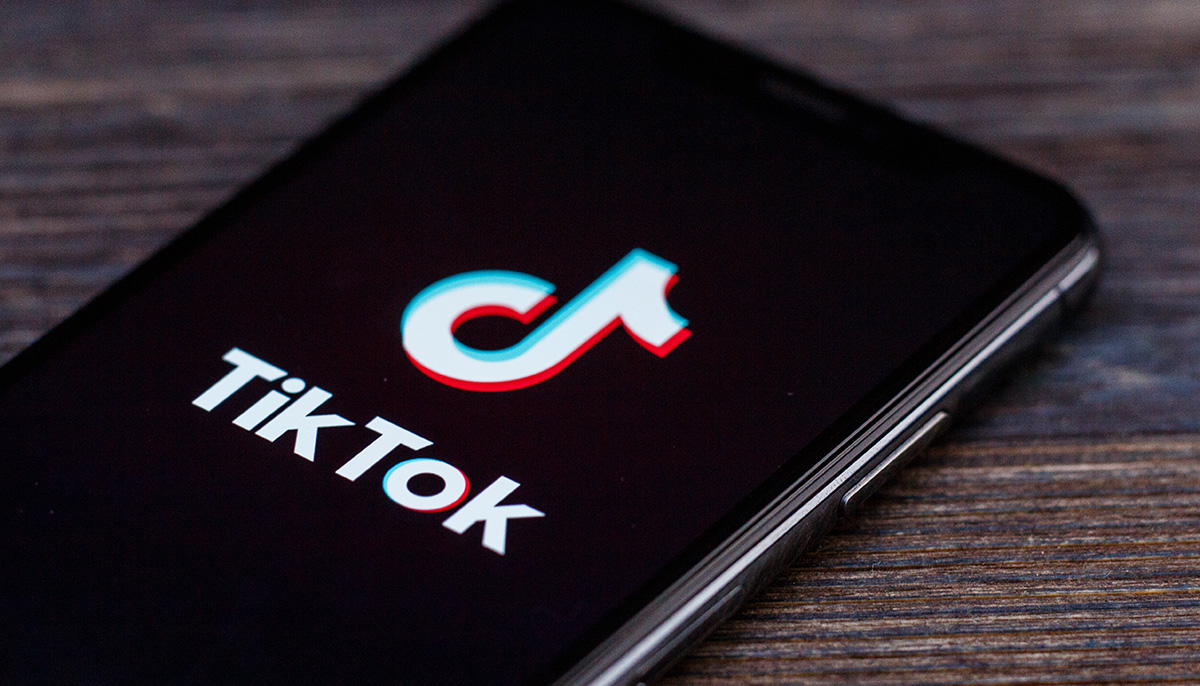Shutterstock
The most recent escalation of recent tensions between China and the US comes, bizarrely, from a social media app popular with young children. TikTok, a lip-synching and dancing video app, is owned by Chinese company ByteDance. However, the White House has expressed a desire to ban the popular app in the US due to its Chinese ties.

In recent weeks, the US has taken pains to distance itself from China. Allegations of Chinese spying have been thrown around. Just last week, the Chinese consulate in Houston was shut down, and a foreign fugitive connected to a spying conspiracy was arrested within. This has led to China taking a suddenly aggressive posture with the US. Meanwhile, the proposed Microsoft acquisition of TikTok is the latest in China’s perceived slights from the US.
Beijing was quick to jump into rather fiery rhetoric against the US on Tuesday. The country’s authoritarian regime painted the US as a “rogue country” for its “attempted theft” of the social media app. On Twitter, the editor of China’s state-support Global Times was furious.
“This is an open robbery,” Hu Xijin wrote on the platform. “The world is watching and God is watching how President Trump is turning the once great America into a rogue country.”
Washington has accused the app of harvesting American users’ data and sending it back to the Chinese government. However, the social media app has denied these accusations. Still, this incident underscores the current lack of trust between the US and China. Beijing is angry about this move, and has accused the US of essentially demonizing the app so they can simply steal it for themselves.
That an app used for rating the worst lotions for dry skin and singing along to Katy Perry songs is at the center of an international debacle is on-brand for 2020. What’s more, China accusing the US of attempting to steal technological advancements is rich with irony.
For decades, China has denied accusations of corporate espionage. Companies like Google and Apple have accused Chinese spies of stealing their trade secrets. Allegedly, this was for state-backed companies in their home country. China’s accusations of “attempted theft” of a smartphone app are hard to take seriously in this context. Many know of their lax intellectual property laws and unwillingness to take action against companies that steal American secrets.